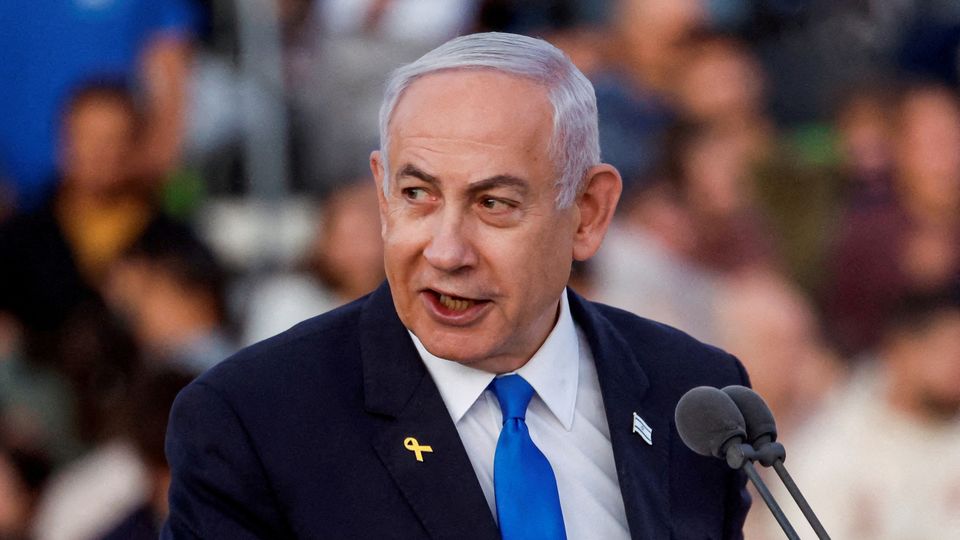
Introduction
Benjamin Netanyahu, a significant figure in Israeli politics, has served multiple terms as Prime Minister since 1996.
His leadership has not only shaped domestic policies but also influenced Israel’s foreign relations. In the context of recent political shifts and challenges, understanding Netanyahu’s role is crucial for grasping the current Israeli political climate.
Recent Developments
As of late 2023, Netanyahu remains a dominant presence in the Knesset, Israel’s parliament. His recent government, formed in late 2022, is characterized by a right-wing coalition that has sparked intense debate over various policies, particularly concerning judicial reforms and settlement expansions in the West Bank.
In September 2023, Netanyahu faced significant protests against proposed judicial changes aimed at reducing the Supreme Court’s power. These reforms ignited widespread public backlash, leading to months of demonstrations across the country. Critics argue that the proposed changes threaten Israel’s democratic foundations, while supporters claim they will restore a balance of power.
Foreign Relations
Netanyahu’s government also impacts Israel’s international relationships. Recent months have seen discussions around a potential normalization deal between Israel and Saudi Arabia, which could reshape Middle Eastern dynamics. Netanyahu has emphasized the importance of strengthening ties with Arab nations while addressing security threats from neighboring countries, particularly Iran.
Moreover, relations with the United States continue to be pivotal. Netanyahu’s administration has sought to maintain close cooperation with the Biden administration, especially concerning security and economic aid.
Conclusion
Benjamin Netanyahu’s political journey remains intertwined with Israel’s future trajectory. As he navigates domestic protests and international negotiations, his decisions will likely have significant ramifications for Israel’s democracy and regional stability.
Looking ahead, analysts predict that Netanyahu’s ability to address public dissent and foster fruitful foreign relations will determine his political longevity and the overall health of Israeli governance.




